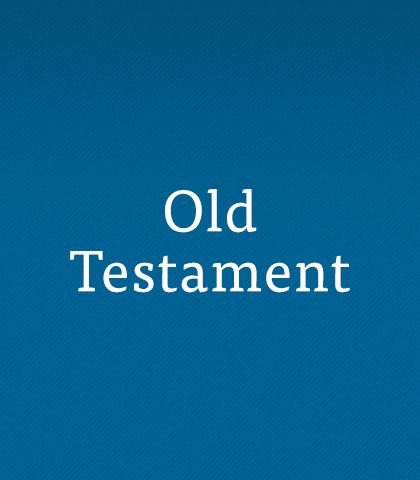True Confessions
The gradual eroding of the Judeo-Christian ethic to reveal a more secular society does not bode well for any nation, not just Canada. Daniel understood that national sins—forgetting God—lead to discipline, so at the dawn of a new administration he prayed for his nation, Israel. And he left us an example to follow.


